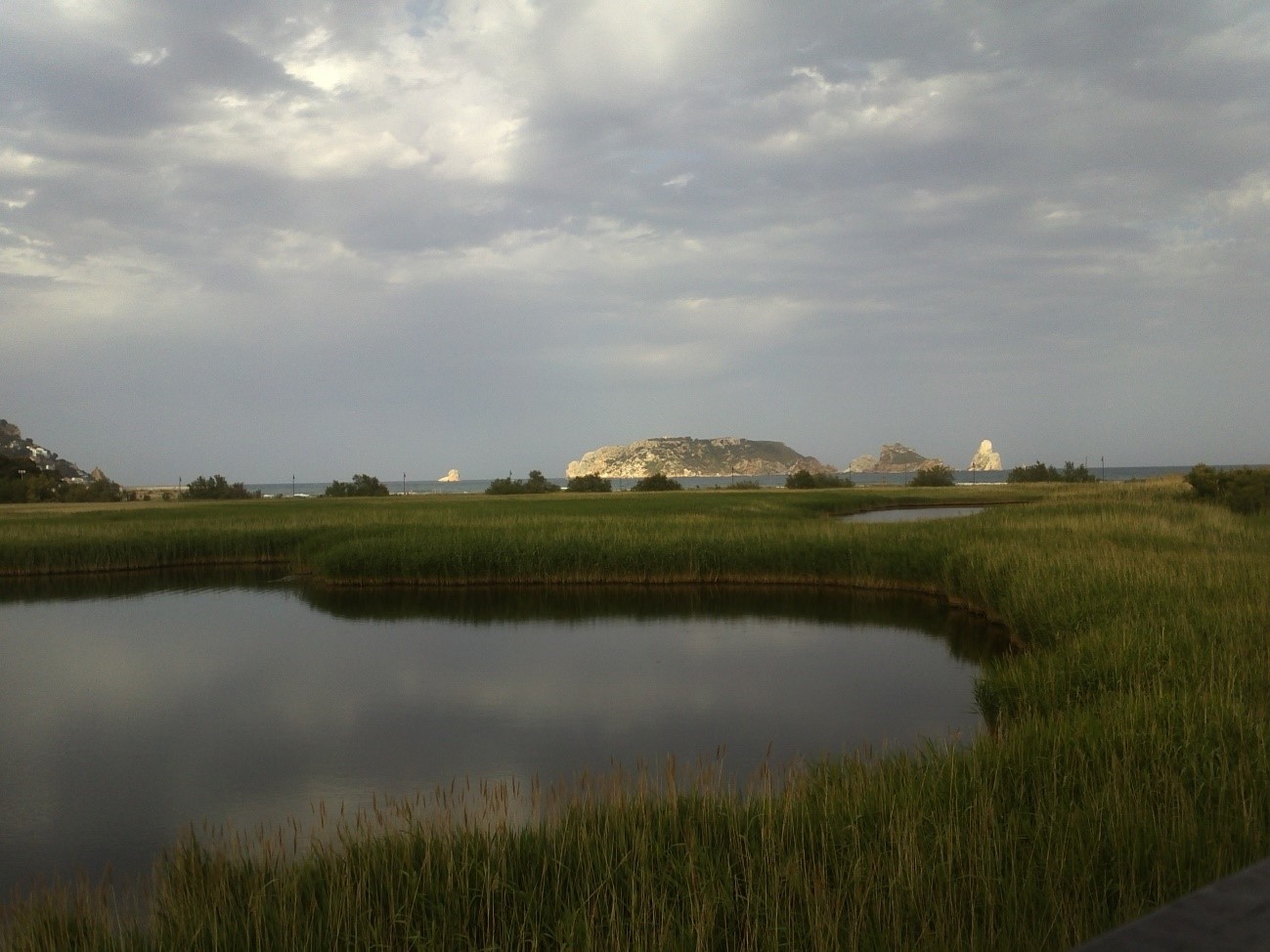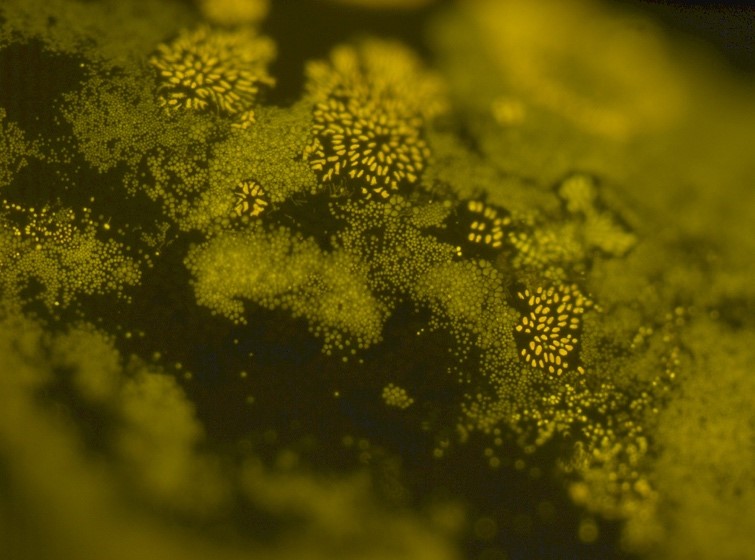EcoAqua collaborates with other groups in different environmental microbiology and microbial ecology projects. The main objective, in all cases, is to understand the composition and structures of different bacterial communities and as these interact with their environment, studying the diversity and activity of these communities, among other aspects.
Current project
- Microbial diversity in Mediterranean lakes
- The archaea and the nutrient cycle in the lakes
- Diversity and activity of the microorganisms that transform nitrogen
- Effects of temperature on algal epiphytes
Microbial diversity in Mediterranean lakes
We investigate the diversity and abundance of bacteria, archaea and picoeukaryotes in confined coastal lakes. These masses of water are subject to sudden influxes of sea water during storms and they have little influx of fresh water with long periods of confinement when the lakes dry up, increasing the salinity.
We combine molecular techniques (qPCR and DNA sequencing) to identify the dominance patterns of the different microbial groups during the periods of confinement and to study the dynamics of the nutrients in these lakes. We focus on studying the nitrogen cycle through analysing the functional genes involved.

The archaea and the nutrient cycle in lakes
We research the diversity, abundance and potential activity of the groups of uncultivable mesophilic archaea that live in the sediments of lakes to investigate their role in the processes of organic carbon mineralisation. We combine different molecular techniques (qPCR, DNA sequencing and metagenomics) to identify the main groups of archaea involved in these processes.

Diversity and activity of the microorganisms that transform nitrogen
The natural cycle of nitrogen (N) is complex and includes many transformation reactions of these compounds. Microorganisms play a key, often exclusive, role in these cycles since they are responsible for many of these reactions.
At EcoAqua we are especially interested in the bacteria that transform nitrogen and their nitrification and denitrification activities. Therefore, we investigate these microorganisms’ contribution to the nitrogen cycle in different environments such as in ground water polluted with nitrogen, natural or artificial marshes and transitory series of glacier fronts. We are also interested in studying plant-bacteria interaction and how plants select certain microorganisms that transform nitrogen in their roots.

Effects of temperature on algal epiphytes
The Cystoseira sea forests of the Mediterranean Sea and all over the world are regressing. The continual rise in the temperature of sea water is one of the reasons why the populations of Cystoseira are decreasing.
At EcoAqua we investigate the structure of the microbial communities that live on the surface of individual Cystoseira mediterranea and Cystoseira crinita to evaluate the effects the rise in temperature has on the development of agarolithic microorganisms that can contribute to the decomposition of these algae.
